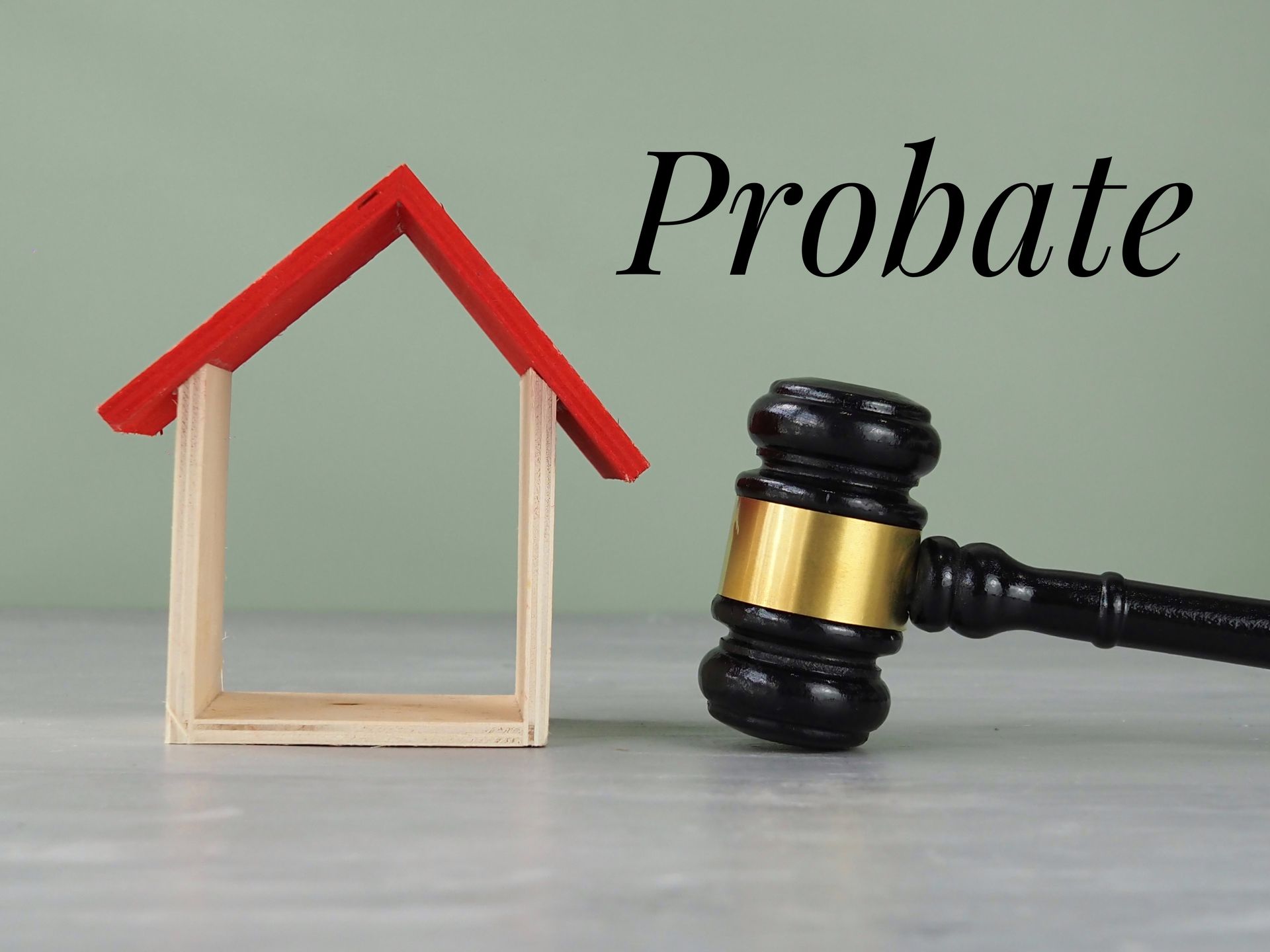How Can Social Security Help with Estate Planning?
Social Security might be one of many things that come to mind when considering estate planning. However, understanding how Social Security benefits fit into your overall estate plan can help you and your loved ones be more financially secure.
Estate planning isn't just about what happens after you pass away; it's also about ensuring that you and your family are cared for while you're alive. Here's how Social Security can play an essential role in that process.
What Is Social Security?
Social Security is a federal program that provides financial support to retirees, disabled individuals, and their families. It was created to ensure that people have a stable income after they stop working, helping them maintain a decent standard of living. There are three main types of Social Security benefits:
1.Retirement Benefits: These are paid to people who have reached retirement age and have paid into the Social Security system through payroll taxes during their working years.
2. Disability Benefits: If you become disabled and cannot work, Social Security provides monthly payments to help cover living expenses.
3. Survivor Benefits: If a worker paid into Social Security passes away, their spouse, children, or other eligible dependents can receive survivor benefits.
Knowing how Social Security benefits work can help you plan better for retirement and how your assets will be handled after you're gone.
How Does Social Security Fit into Estate Planning?
Estate planning is arranging how your assets will be distributed after your death. It involves writing wills, creating trusts, and taking steps to reduce estate taxes and probate issues. While Social Security benefits themselves can't be passed on like property or money in a bank account, they still play a role in estate planning in several ways.
1. Maximizing Retirement Income:
One critical part of estate planning is ensuring you have enough income during your retirement years. Social Security can provide a reliable stream of income, which can affect how much of your other assets you need to use or save. By strategic timing, when you start collecting Social Security benefits, you can maximize the amount you receive and leave more of your other assets to your heirs.
2. Survivor Benefits:
If you are married or have dependents, Social Security can provide financial support to them after you pass away. Based on your Social Security record, spouses, children, and even some parents may be eligible for survivor benefits. Understanding these benefits lets you decide how much life insurance or other financial protection your loved ones may need.
For instance, if your spouse will be eligible for Social Security survivor benefits, you might decide to adjust the size of your estate or the type of insurance policies you hold. This way, your family can count on Social Security to cover part of their financial needs and reduce the pressure on your other assets.
3. Disability Benefits and Estate Planning:
Suppose you or a loved one become disabled before retirement. In that case, Social Security Disability Insurance (SSDI) can help cover living expenses. This is important because if you become disabled, your ability to earn an income may be reduced, and your financial situation can change significantly.
Incorporating disability benefits into your estate plan ensures that if something happens, you and your family will still have a steady source of income. This might impact decisions about allocating assets, such as whether to set up a trust to protect funds for future medical needs.
4. Providing for Minor Children:
If you pass away and leave behind minor children, they may qualify for Social Security benefits. This can help provide for their basic needs, such as education and housing, while they are still dependent. In your estate plan, you can include provisions for how Social Security benefits will be used alongside other assets to care for your children.
For example, you might set up a trust to manage the funds your children receive from Social Security and other parts of your estate. This ensures that the money is used in a way that aligns with your wishes and provides for your future. Establishing a
guardianship plan for your minor children is crucial. This arrangement ensures that, should anything happen to you, they will be cared for by someone you trust.
5. Social Security and Taxes:
Social Security benefits are often subject to federal income taxes, depending on your total income. Suppose your estate includes large retirement accounts or other taxable income sources. In that case, your beneficiaries might end up paying taxes on their Social Security benefits. Part of good estate planning is understanding how taxes work and finding ways to minimize them for your heirs.
One way to do this is by strategically using tax-advantaged accounts, such as Roth IRAs, which can be passed to your heirs tax-free. By reducing their tax burden, you help them keep more of the money and benefits they inherit.
6. Creating a Comprehensive Plan:
Estate planning isn't just about passing on wealth — it's about creating a comprehensive financial plan that includes income, benefits, and taxes. Social Security is an integral part of that puzzle. By considering how Social Security fits into your retirement and post-retirement plans, you can make better decisions about your estate.
Tips for Using Social Security in Estate Planning
Here are a few practical tips for making Social Security a part of your estate planning process:
- Talk to a Financial Advisor: A professional can help you determine the best time to start taking Social Security benefits to maximize your income and protect your assets.
- Coordinate with Other Retirement Plans: Make sure your Social Security benefits work well with other retirement income sources, such as pensions, 401(k) plans, and IRAs.
- Consider Survivor Benefits: If you're married, your Social Security decisions will impact your spouse. Ensure you understand how survivor benefits work so your loved ones are cared for.
- Plan for Disability: If you're not yet retired, consider how Social Security disability benefits might help you in the event of a severe illness or injury.
Conclusion
Social Security plays a significant role in estate planning by providing income in retirement, supporting dependents through survivor benefits, and offering financial protection in case of disability. While Social Security benefits can't be directly inherited like other assets, they still influence how you plan for your family's future. By understanding how Social Security fits into your overall estate plan, you can ensure you and your loved ones are financially secure now and in the future.
For expert guidance tailored to your unique situation, contact Doane and Doane. Let us help you navigate the complexities of estate planning and secure your family's financial future.
Disclaimer: The information on this website and blog is for general informational purposes only and is not professional advice. We make no guarantees of accuracy or completeness. We disclaim all liability for errors, omissions, or reliance on this content. Always consult a qualified professional for specific guidance.
RECENT POSTS






